A human services degree prepares students for a career assisting individuals, families, and communities. Human services graduates often work in nonprofit or government agencies — professions like probation officers earn an average yearly salary of $61,800, social workers earn about $58,380 per year, and substance abuse and mental health counselors earn $53,710 annually.
Most human services careers require an associate or bachelor’s degree, though advancement opportunities increase for master’s degree holders. A two-year associate degree program prepares students for entry-level positions. Completing the 120 credits needed for a bachelor’s in human services can take up to four years, and completing a master’s program can take an additional two years.
The average yearly tuition for a human services bachelor’s degree is $14,688, and $20,513 per year for a master’s degree.
Why Trust Us
The Intelligent.com Higher Education Team is dedicated to providing students with independent, equitable school and program rankings and well-researched resources. Our expert-driven articles cover topics related to online colleges and programs, paying for school, and career outlooks. We use data from the U.S. Department of Education’s College Scorecard, the National Center for Education Statistics, and other reputable educational and professional organizations. Our academic advisory team reviews content and verifies accuracy throughout the year for the most current information. Partnerships do not influence rankings or editorial decisions.
- Analyzed over 2,000 national, accredited, and nonprofit colleges and universities
- 800+ rankings pages are reviewed and updated yearly
- Content is informed by reputable sources, surveys, and interviews with academic advisors and other experts
- Over 100 data points are reviewed for accuracy and quality throughout the year, including sources
How we rank schools
Our list features the best Human Services degree programs at top colleges nationwide. Each school featured is a nonprofit, accredited institution — either public or private — with a high standard of academic quality for post-secondary institutions.
We evaluated each school’s program on tuition costs, admission, retention and graduation rates, faculty, reputation, and the student resources provided for online students. We collected data from trusted sources like the National Center for Education Statistics, individual school and program websites, school admissions counselors, and other data sources. Then, we calculated the Intelligent Score on a scale of 0 to 100 based on the following criterion:
Academic Quality:
- Admission rate versus enrollment rate
- Retention rate of students who return after year one
- Accreditation status (regional and programmatic)
- Nonprofit status, both private and public institutions
Graduation Rate
- Overall graduation rate
- Total number of currently enrolled students, including diversity metrics
- Student-to-faculty ratio
Cost and ROI
- In-state and out-of-state per-credit tuition rates and fees
- Required credits to graduate
- Earning potential after graduation
- Availability of federal student loans, scholarships, and other financial aid options
Student Resources
- Available student services for online-only and hybrid programs
- On-campus amenities like tutoring centers and the number of libraries
Read more about our ranking methodology.
Best 43 Accredited Human Services Degree Programs
FiltersInstitution Type
Status
- Intelligent Score
- Alphabetically By University Name
- Acceptance Rate
- Enrollment
- In-state Graduate Tuition
- Out-of-state Graduate Tuition
- In-state Undergraduate Tuition
- Out-of-state Undergraduate Tuition

Siena Heights University
Intelligent Score: 99.52In-state: $27,000
Out-of-state: $27,000
In-state: $12,300
Out-of-state: $12,300
SAT: N/A
ACT: N/A
$550
Online, Hybrid
Higher Learning Commission
120
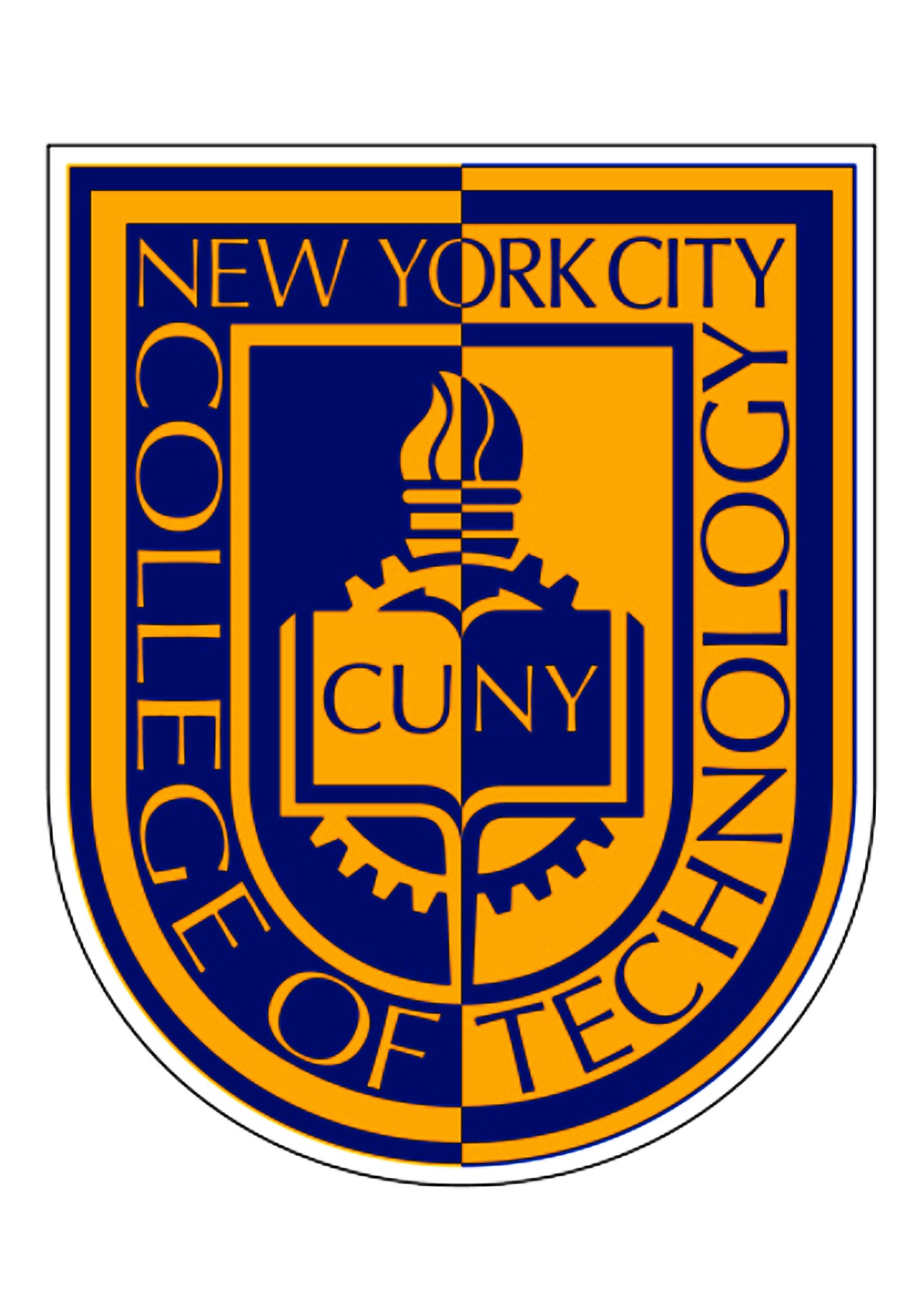
New York City College of Technology
Intelligent Score: 99.25In-state: NA
Out-of-state: NA
In-state: NA
Out-of-state: NA
SAT: N/A
ACT: N/A
Resident: $305
Non-Resident: $620
On-Campus
Council of Standards in Human Services Education
120
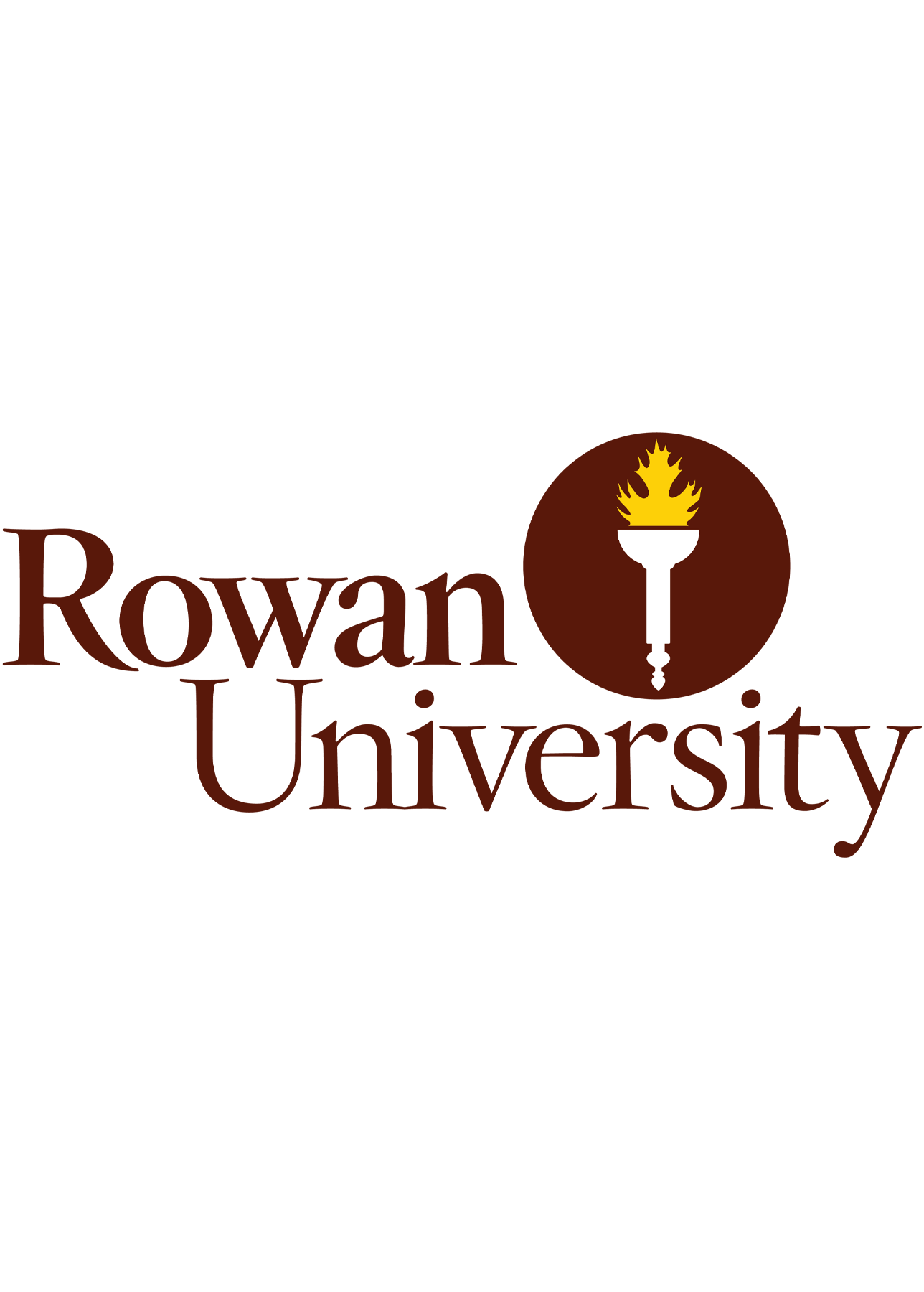
Rowan University
Intelligent Score: 99.15In-state: $9,573
Out-of-state: $18,605
In-state: $12,879
Out-of-state: $12,879
SAT: 1040-1250
ACT: 20-28
In-State: $432 Out-Of-State: $813
Hybrid
Middle States Commission on Higher Education
120

Western Washington University
Intelligent Score: 96.99In-state: $7,377
Out-of-state: $24,135
In-state: $11,061
Out-of-state: $11,061
SAT: 1080-1270
ACT: 22-28
Resident: $381
Non-Resident: $819
On-Campus, Online
Northwest Commission on Colleges and Universities
120

Wingate University
Intelligent Score: 96.41In-state: $38,796
Out-of-state: $38,796
In-state: $11,430
Out-of-state: $11,430
SAT: N/A
ACT: N/A
$1,575
On-Campus
Southern Association of Colleges and Schools Commission on Colleges
120
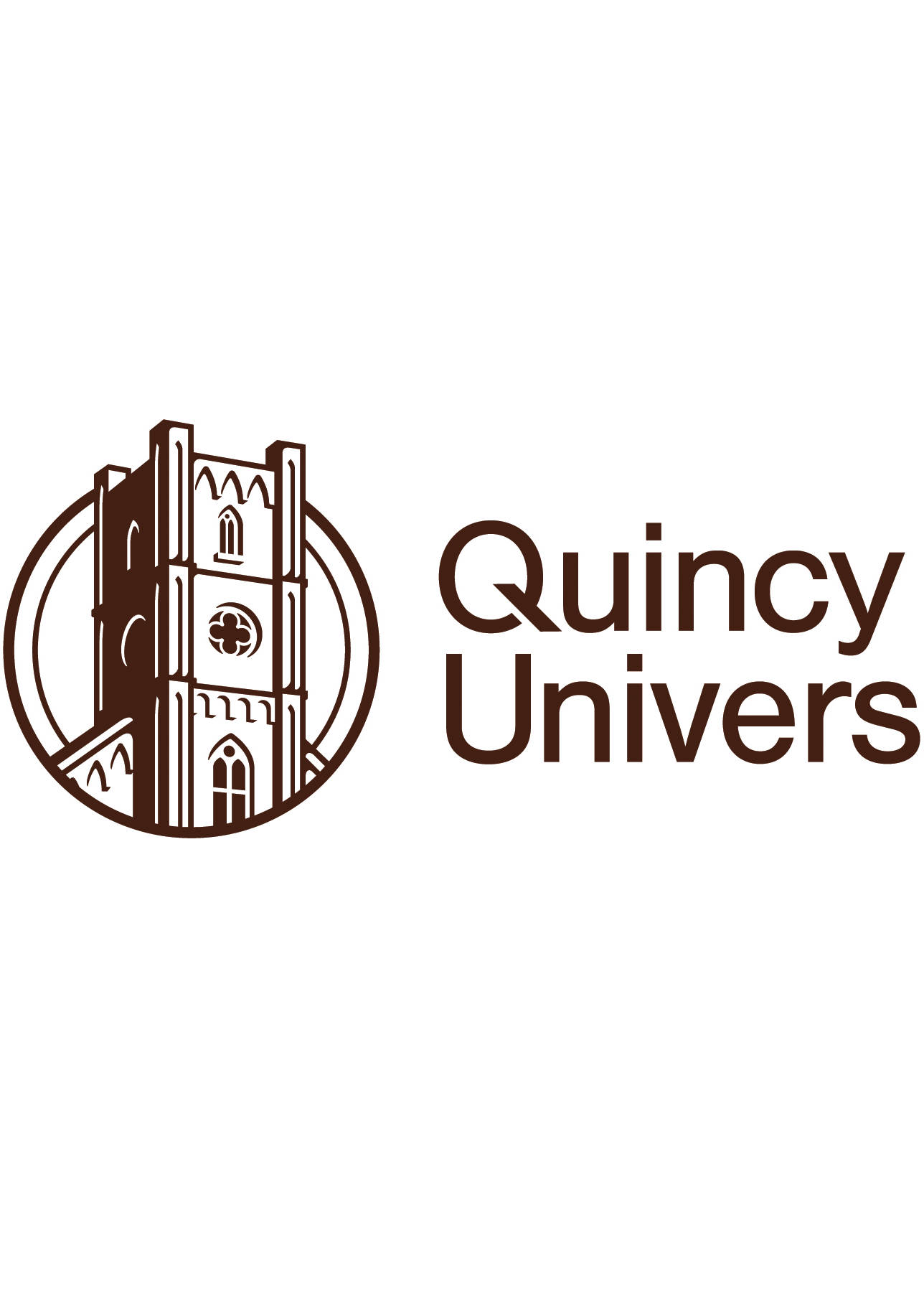
Quincy University
Intelligent Score: 95.08In-state: $31,160
Out-of-state: $31,160
In-state: $12,000
Out-of-state: $12,000
SAT: 975-1200
ACT: 19-25
$420
On-Campus
Higher Learning Commission
120

Saint Mary-of-the-Woods College
Intelligent Score: 94.15In-state: $49,046
Out-of-state: $51,013
In-state: $39,917
Out-of-state: $39,917
SAT: 868 and 1052
ACT: 18 and 30
$496
On-Campus, Online
Higher Learning Commission
120

George Washington University
Intelligent Score: 93.50In-state: $55,961
Out-of-state: $55,961
In-state: $31,770
Out-of-state: $31,770
SAT: 1270-1450
ACT: 30-33
$2,020
On-Campus
Middle States Commission on Higher Education
120
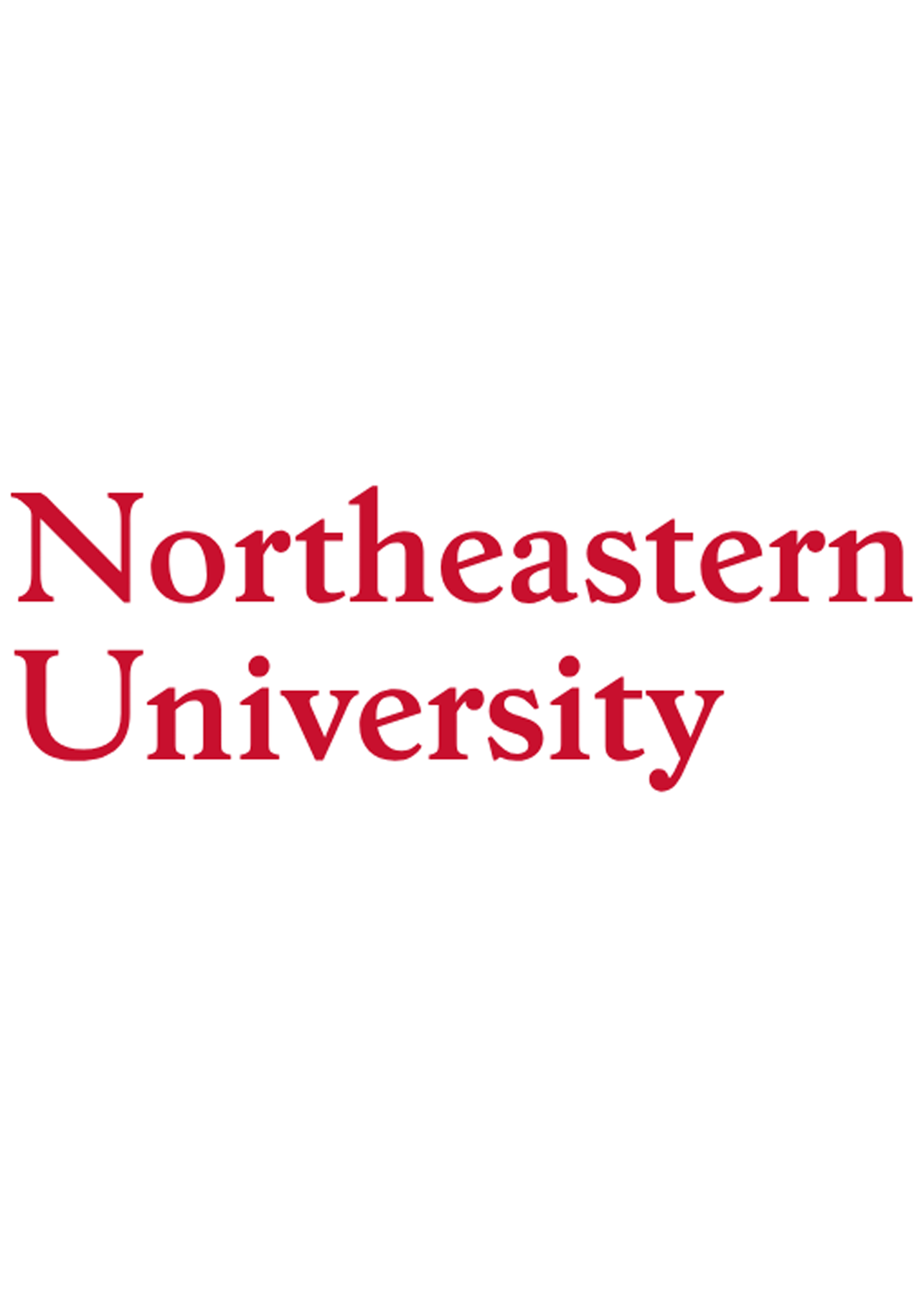
Northeastern University
Intelligent Score: 93.39In-state: $54,360
Out-of-state: $54,360
In-state: $25,264
Out-of-state: $25,264
SAT: 1410-1540
ACT: 33-35
$1,938
On-Campus
New England Commission of Higher Education
130
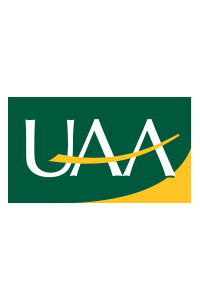
University of Alaska Anchorage
Intelligent Score: 92.64In-state: $36,848
Out-of-state: $50,432
In-state: $39,954
Out-of-state: $39,954
SAT: 1030-1250
ACT: 18-25
Resident: $282
Non-Resident: $848
On-Campus, Online
Council of Standards in Human Services Education
120
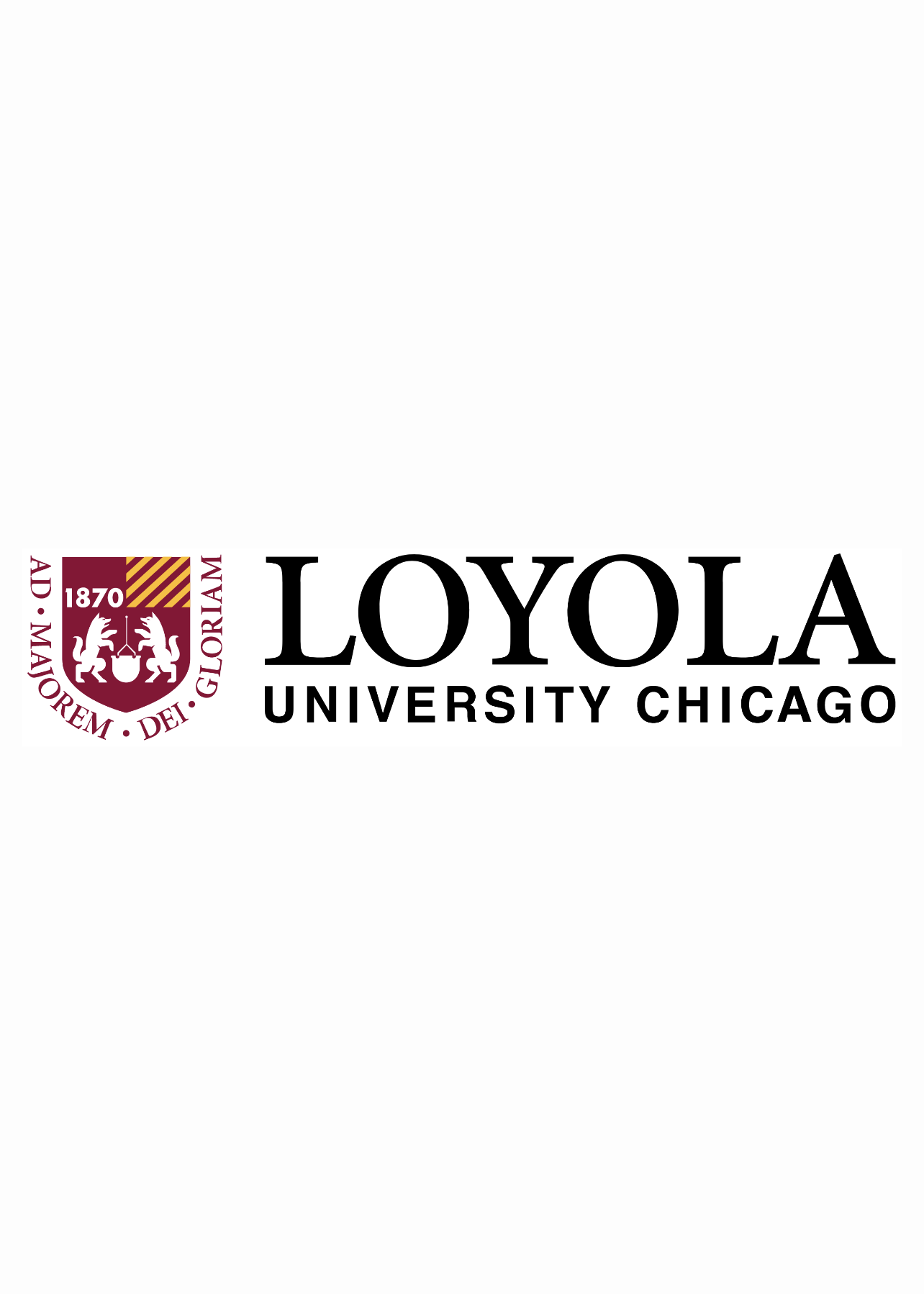
Loyola University Chicago
Intelligent Score: 90.94In-state: $67,818
Out-of-state: $67,818
In-state: $97,480
Out-of-state: $97,480
SAT: 1190-1370
ACT: 27-32
$960
On-Campus
Higher Learning Commission
120
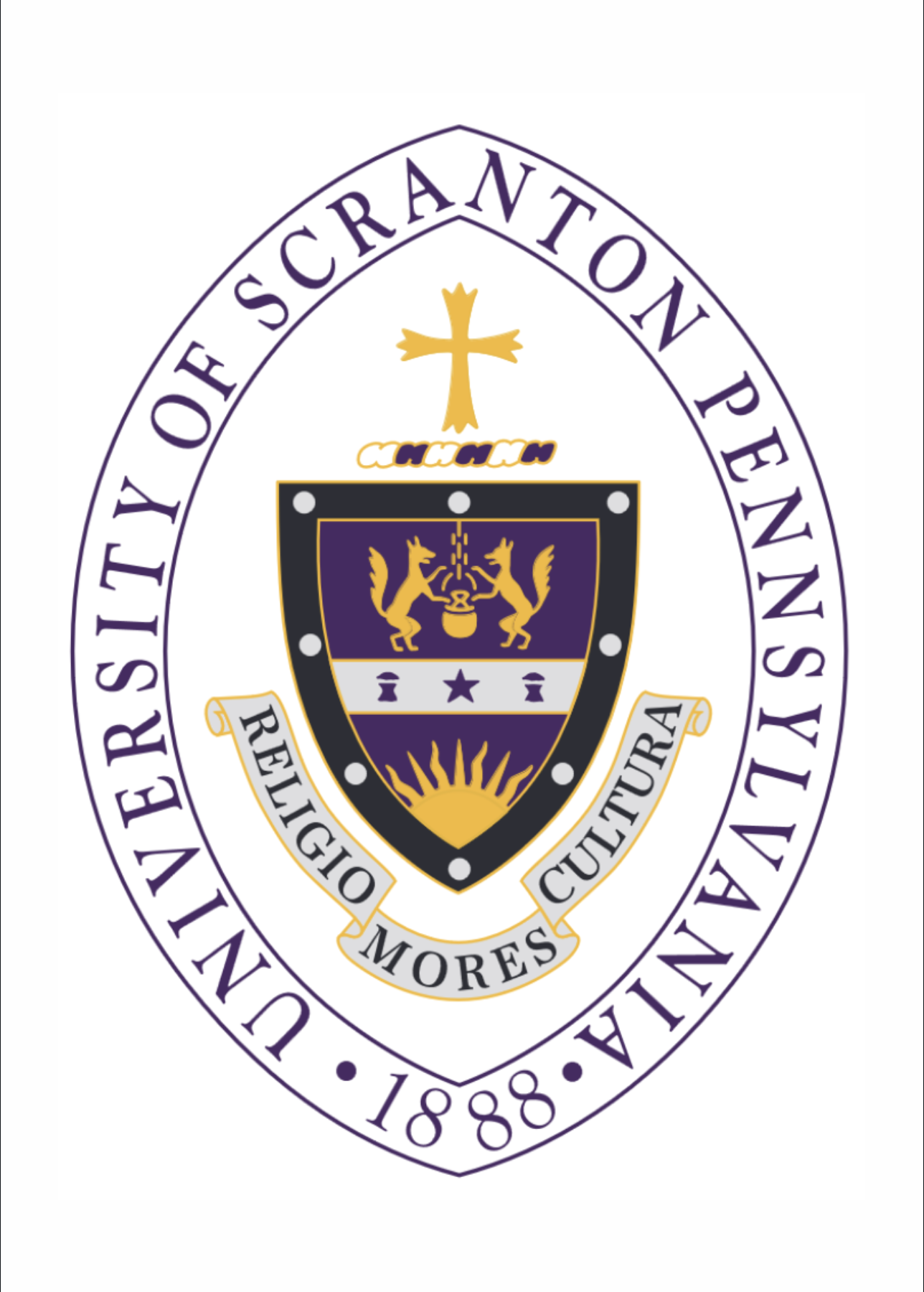
University of Scranton
Intelligent Score: 90.90In-state: $46,684
Out-of-state: $46,684
In-state: $11,580
Out-of-state: $11,580
SAT: 1100-1280
ACT: 23-28
$650 - $1,319
On-Campus
Council of Standards in Human Services Education
124

University of Delaware
Intelligent Score: 90.57In-state: $12,730
Out-of-state: $34,160
In-state: $34,164
Out-of-state: $34,164
SAT: 1150-1330
ACT: 25-30
Resident: $585
Non-Resident: $1,570
On-Campus, Online
Council of Standards in Human Services Education
120

University of South Carolina Beaufort
Intelligent Score: 90.01In-state: $12,288
Out-of-state: $33,528
In-state: $13,737
Out-of-state: $13,737
SAT: 1140-1340
ACT: 25-31
In-State: $431
Out-of-State: $891
On-Campus, Online
Council of Standards in Human Services Education
120
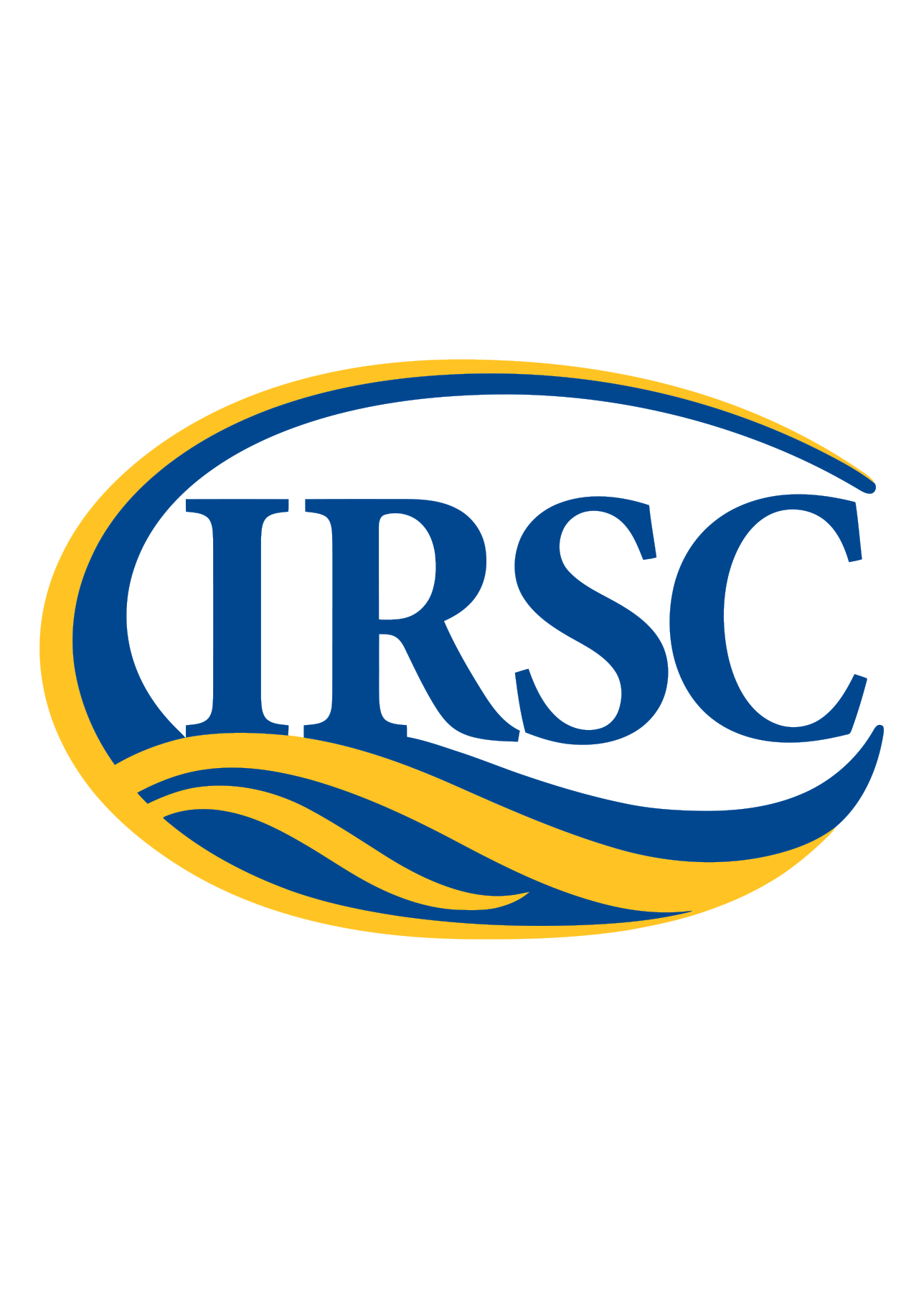
Indian River State College
Intelligent Score: 89.62In-state: NA
Out-of-state: NA
In-state: NA
Out-of-state: NA
SAT: N/A
ACT: N/A
In-State: $129
Out-of-State: $580
On-Campus
Southern Association of Colleges and Schools Commission on Colleges
120
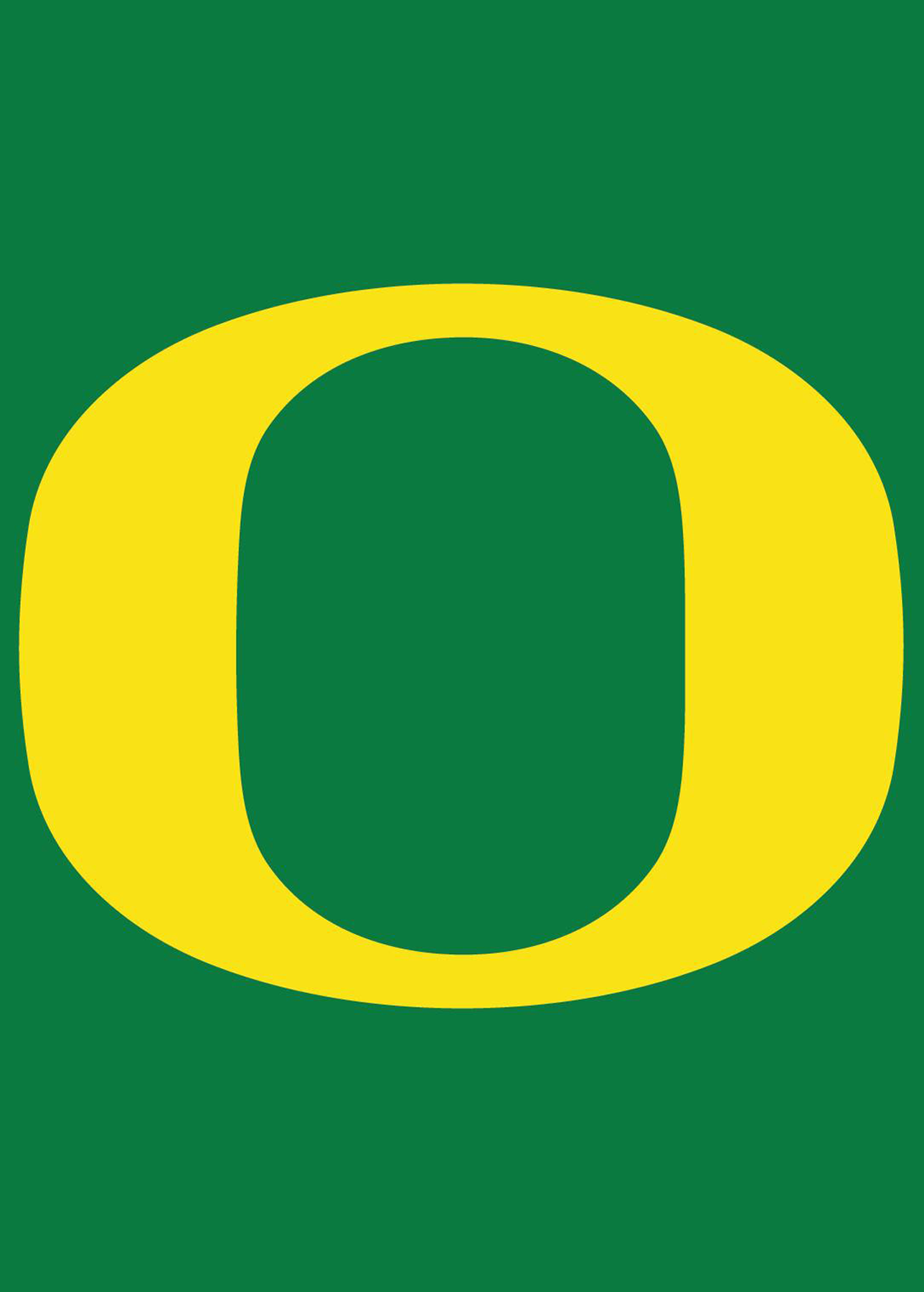
University of Oregon
Intelligent Score: 89.08In-state: $10,962
Out-of-state: $35,881
In-state: $15,417
Out-of-state: $15,417
SAT: 1090-1290
ACT: 22-29
Resident: $297
Non-Resident: $930
On-Campus
Northwest Commission on Colleges and Universities
120
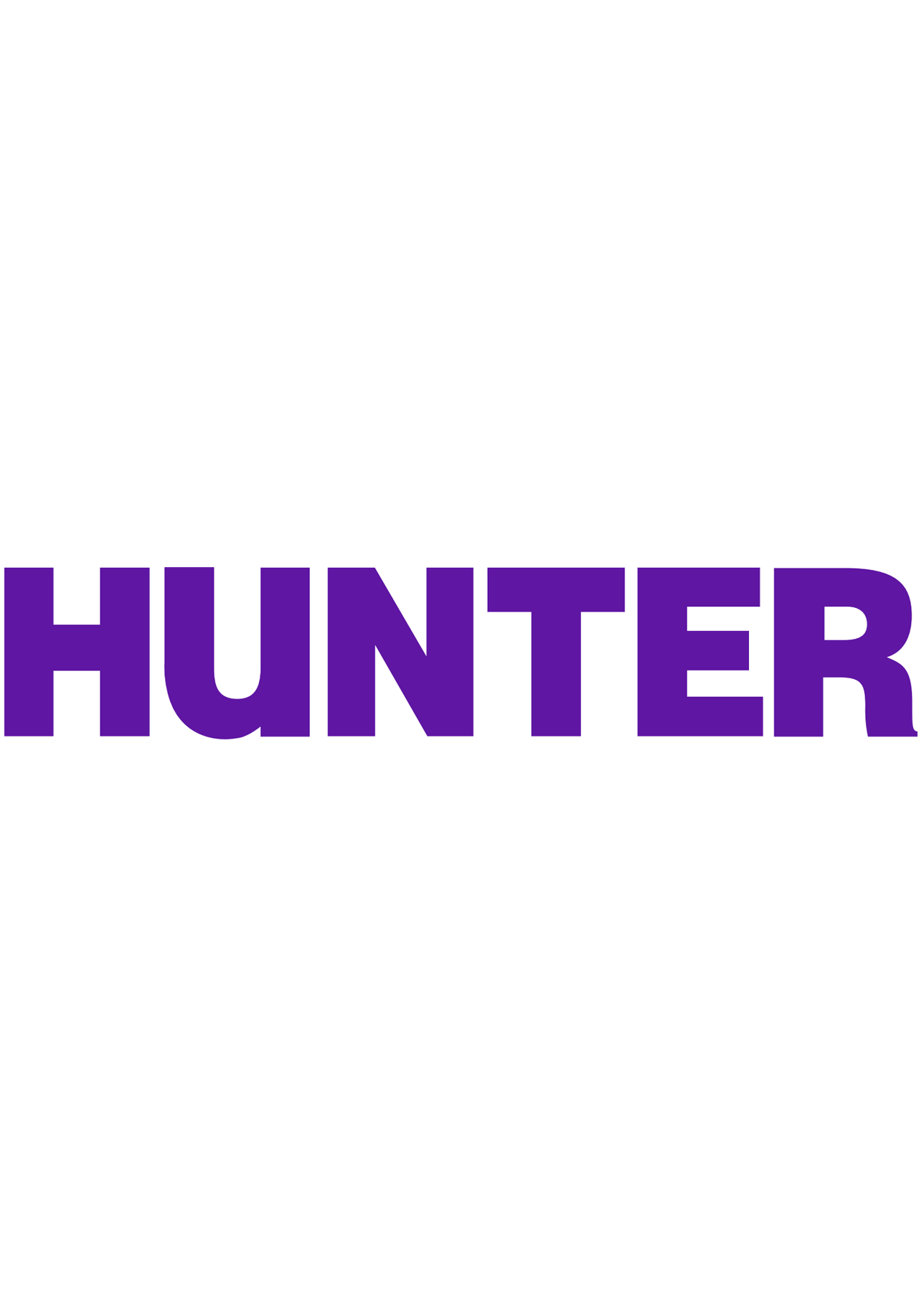
CUNY John Jay College of Criminal Justice
Intelligent Score: 88.59In-state: $6,930
Out-of-state: $14,880
In-state: $11,090
Out-of-state: $11,090
SAT: 1170-1340
ACT: 25-31
Resident: $305
Non-Resident: $620
On-Campus
Middle States Commission on Higher Education
120
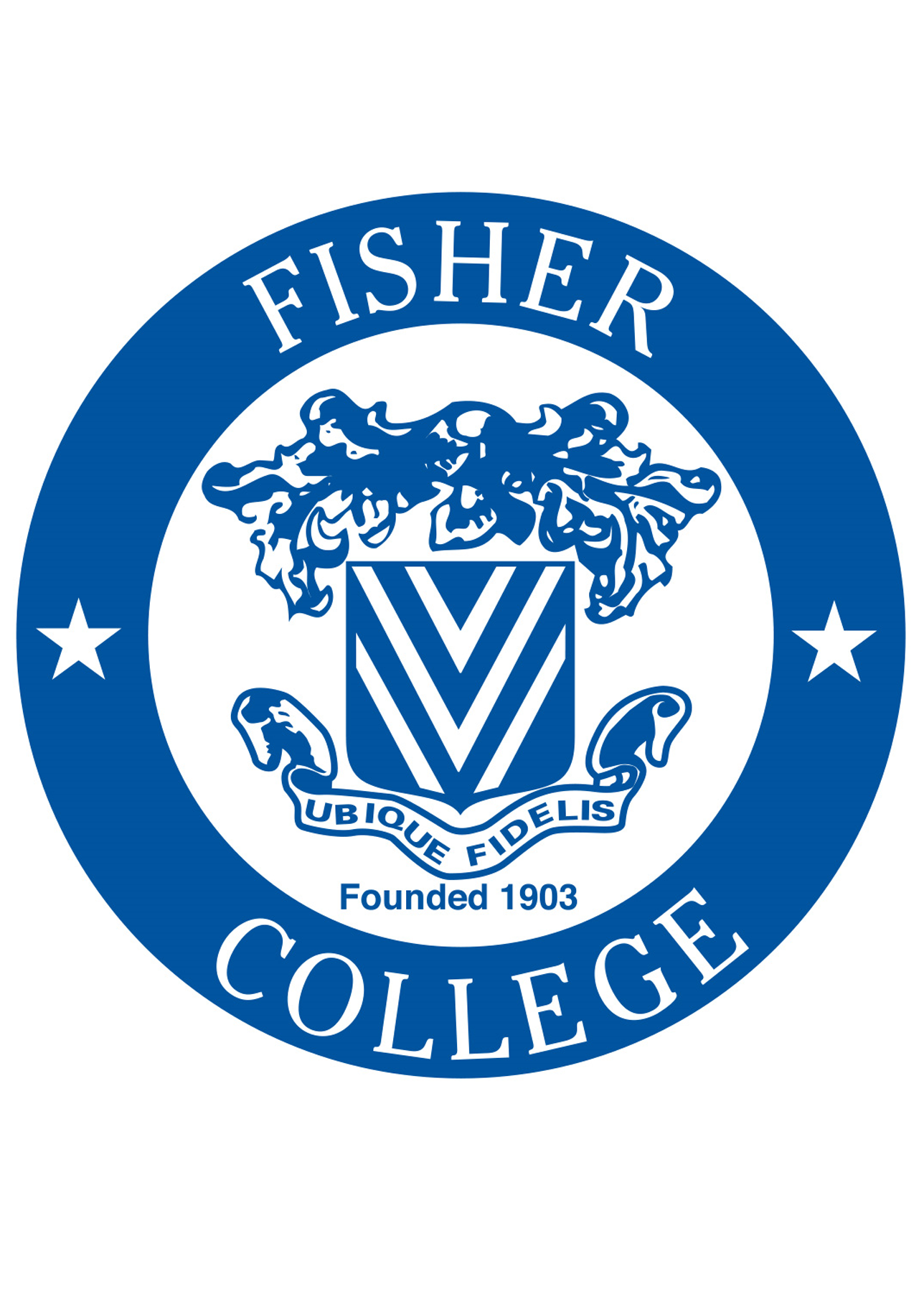
Fisher College
Intelligent Score: 88.06In-state: $31,700
Out-of-state: $31,700
In-state: $26,166
Out-of-state: $26,166
SAT: 820-1060
ACT: 13-20
$1,149
On-Campus, Online
New England Commission of Higher Education
120
How to Choose a Human Services Degree Program
Choose your area of study
Consider your personal and career goals, which will influence your program choice. Degree options include an Associate of Science in human services, a Bachelor of Arts in human services, a Bachelor of Arts in health and human services, and a Bachelor of Arts in human services with a concentration in your chosen area of study. Specializations include:
- Child and family services
- Substance abuse and mental health
- Gerontology
- Human services administration
- Community organization and advocacy
Working professionals who want to advance their careers and already have an undergraduate degree may choose to pursue a master’s in human services degree. These programs typically focus on helping students develop the leadership skills necessary to run nonprofit organizations, for-profit social service providers, and government agencies.
Research schools and programs
As you research, focus on accredited institutions and programs. Accreditation is given to schools and programs that meet a quality standard set by the Department of Education, influencing your eligibility for funding and the ability to transfer credits. Many employers prefer applicants who graduate from accredited institutions and programs.
You can learn about the school or program by visiting its website or in person. Contact an admissions counselor or program representative to learn about student support and to get answers to specific questions. You can also follow the school and program on social media to get an idea of the school’s culture and environment.
Prepare for tests and applications
You can apply for a human services program through an institution’s online portal or application system. The application process varies by institution and program, but you can usually get help through an online chat system or by contacting an admissions counselor. Most human services programs do not have an interview or pre-exam process.
Prepare to submit your application by gathering your information. Standard application materials include:
Select your program
When it’s time to decide on your program, review your goals and needs again. Set your parameters for logistical needs, including full-time or part-time enrollment, in-person or online classes, and synchronous or asynchronous online coursework.
There are benefits to all options. For example, students who excel at self-directed study and often study outside of regular class hours might prefer asynchronous online coursework, whereas students who prefer real-time engagement and structured learning might benefit from in-person lectures or synchronous online coursework.
For additional guidance, contact an admissions counselor, who will review your choices and help you find the best fit.
Determine how you’ll pay for your degree
If you need funding assistance, you have options. Start by submitting the Free Application for Federal Student Aid (FAFSA) to be considered for federal and state financial aid. Many schools also use the results of this application to determine your eligibility for scholarships, grants, and loans.
If you are already working in the field, you can speak to your employer about the possibility of tuition reimbursement. Employee reimbursement programs are a part of some benefits packages and typically involve a work contract after graduation.
What Can You Expect From a Human Services Degree Program?
Students in a human services degree program can expect to learn how to provide a variety of services to a diverse population. Depending on their area of focus, coursework can include:
- Social, political, and historical trends
- Communication strategies
- Human services policies and advocacy for underserved communities
An associate degree in human services is a two-year program, while a bachelor’s degree can take up to four years of full-time study. A master’s degree in human services takes an additional two years.
Most human services degree programs are lecture-based and involve a research or capstone project. Because there are no lab or clinical components, this program lends itself to an online delivery method. Whether online or in-person, many human services programs utilize a virtual environment or cloud-based platform with access to virtual desktops and software applications.
Potential courses you’ll take in a human services degree program
- Sociology of Social Problems. This course examines contemporary social problems such as ageism, race and ethnic relations, sexism, economic limitations, class and poverty, and environmental and population concerns.
- Communication Skills for Human Service Professionals. Students learn how to communicate effectively, efficiently, and compassionately. This course focuses on establishing rapport, dealing with conflict, and articulating issues.
- Public Policy and Advocacy. In this course, students examine the role of advocacy in influencing policy for various populations. Discussions focus on the legislative and private sector policy development processes within human services.
- Case Management in Human Services. This course provides an overview of the roles and functions of a case manager through the lens of human services. Students learn to assess client needs, make referrals, document service delivery, and develop treatment plans for individuals and families.
- Digital Fluency for Life in the Workplace. Students examine the impact of digital technology on social, personal, and diversity issues. The course offers an overview of digital fluency for the workplace and teaches the digital skills to enhance financial, academic, personal, and professional success.
Human Services Degree Frequently Asked Questions
How do I apply to a human services degree program?
Most institutions accept applications through an online system that offers step-by-step instructions. Visit the school or program website, follow the prompts, and be prepared to submit an application fee with your completed application.
Most programs require official transcripts, letters of recommendation, test scores, and a personal essay or statement. The application process varies by school and program. Contact an admissions counselor for the most up-to-date information.
How much does a human services degree cost?
The yearly tuition for a bachelor in human services degree averages $14,688. Costs vary between online, private, and public institutions. The average tuition for a postgraduate degree increases to $20,513 per year.
Plan for additional costs, including housing, meals, transportation, course materials, and personal expenses. Grants, scholarships, and loans will decrease your total out-of-pocket expenses.
How long does it take to earn a human services degree?
A human services degree can take up to four years of full-time study to complete the required 120 credits of a bachelor’s degree program. If you choose to pursue a master’s degree, you can add up to two more years of study.
Many institutions offer a dual-track option that allows you to work on your bachelor’s and master’s curricula concurrently, shortening the completion time to five years.
Online programs can offer timeline flexibility, either shortening or extending the program. Students who continue to work full-time can work toward their degree when time allows. Those who excel at self-directed study can fast-track their course load.

